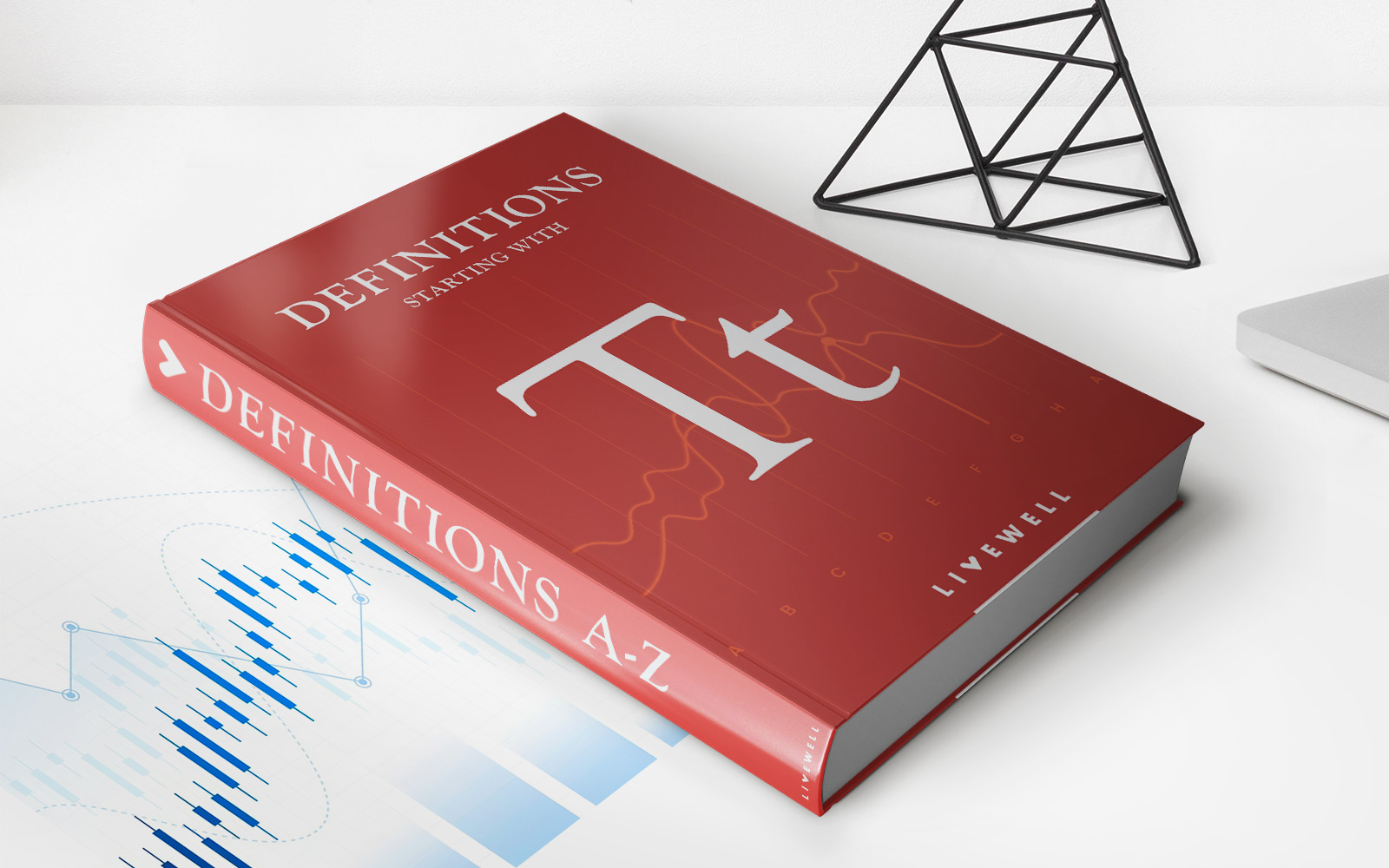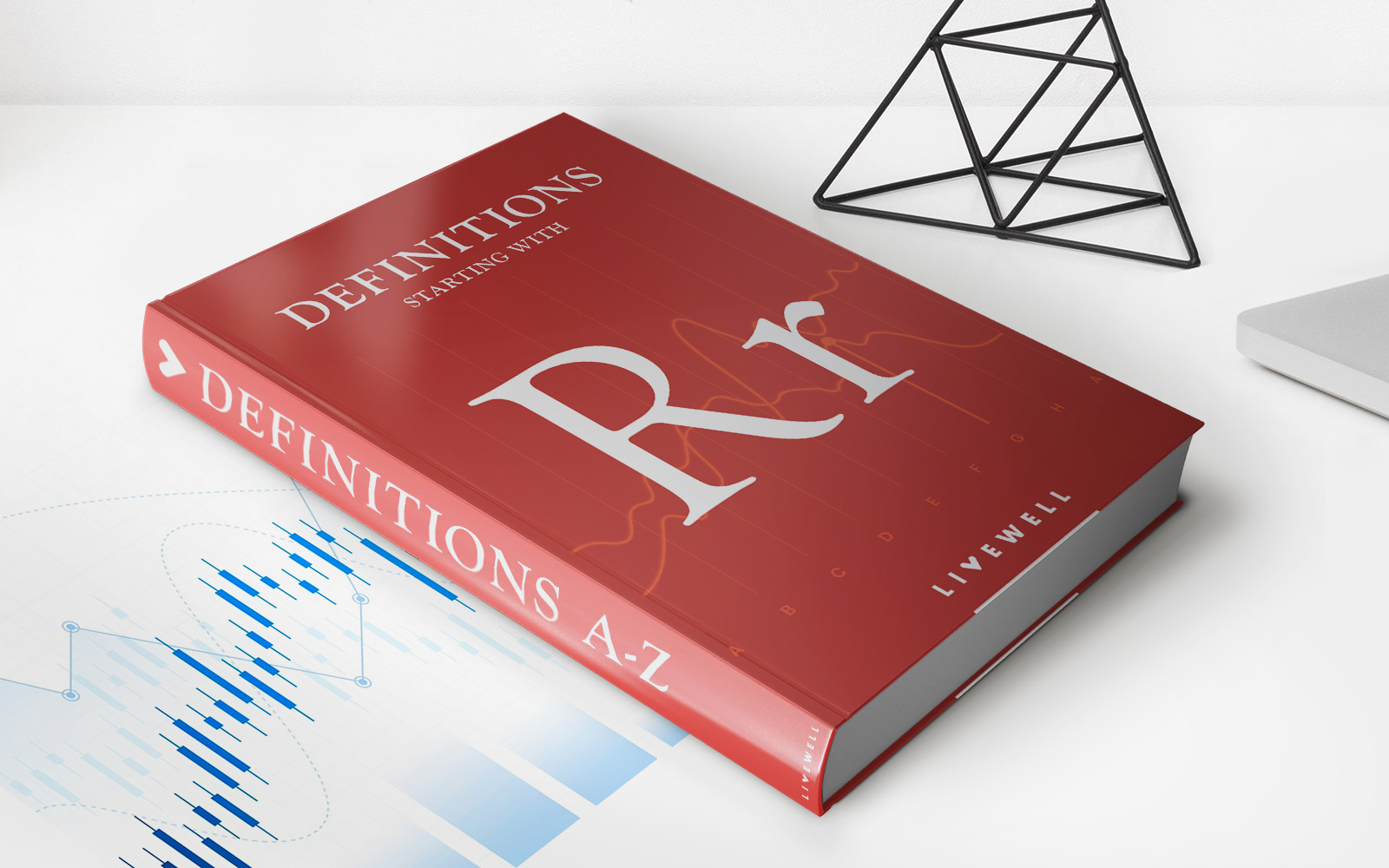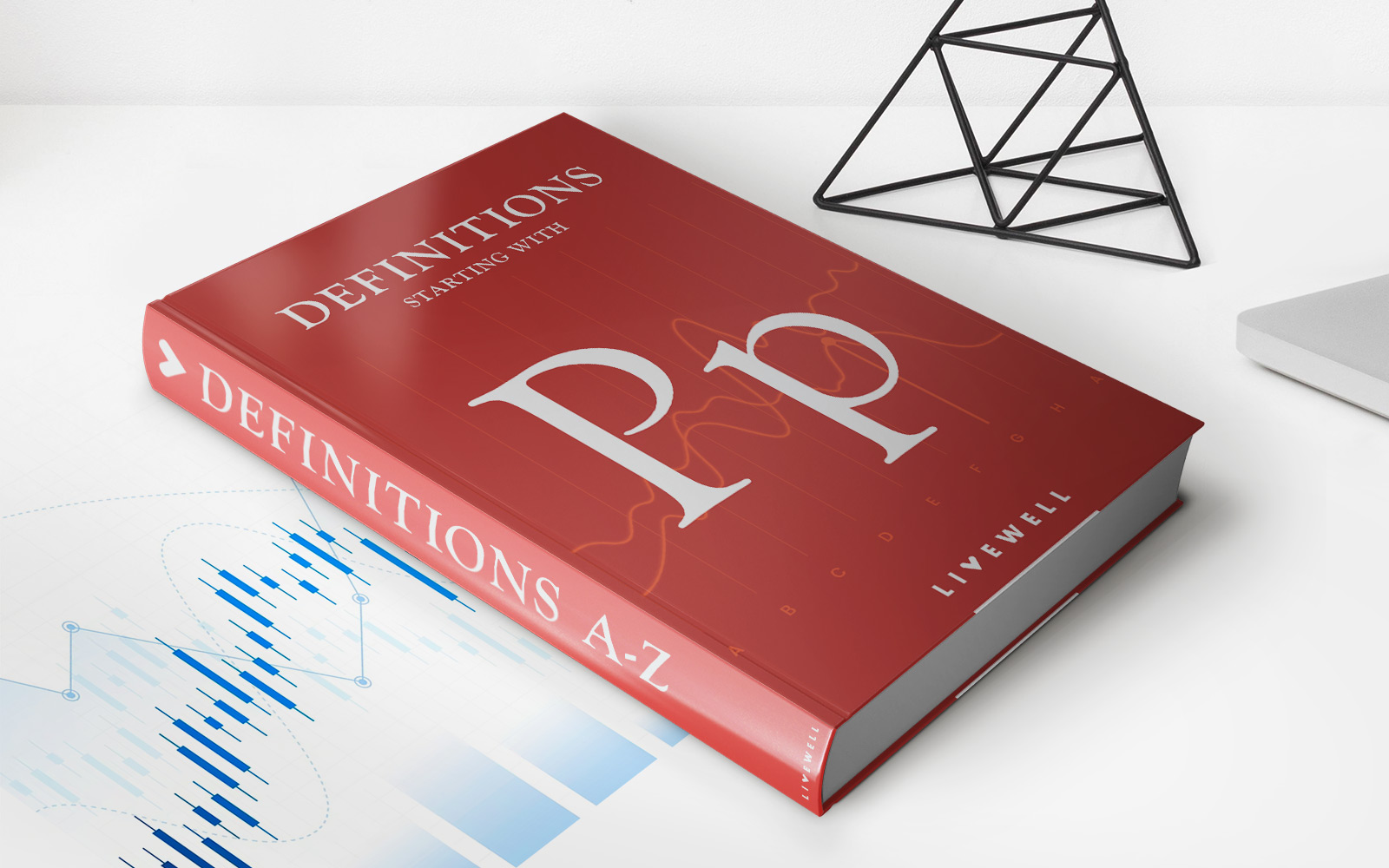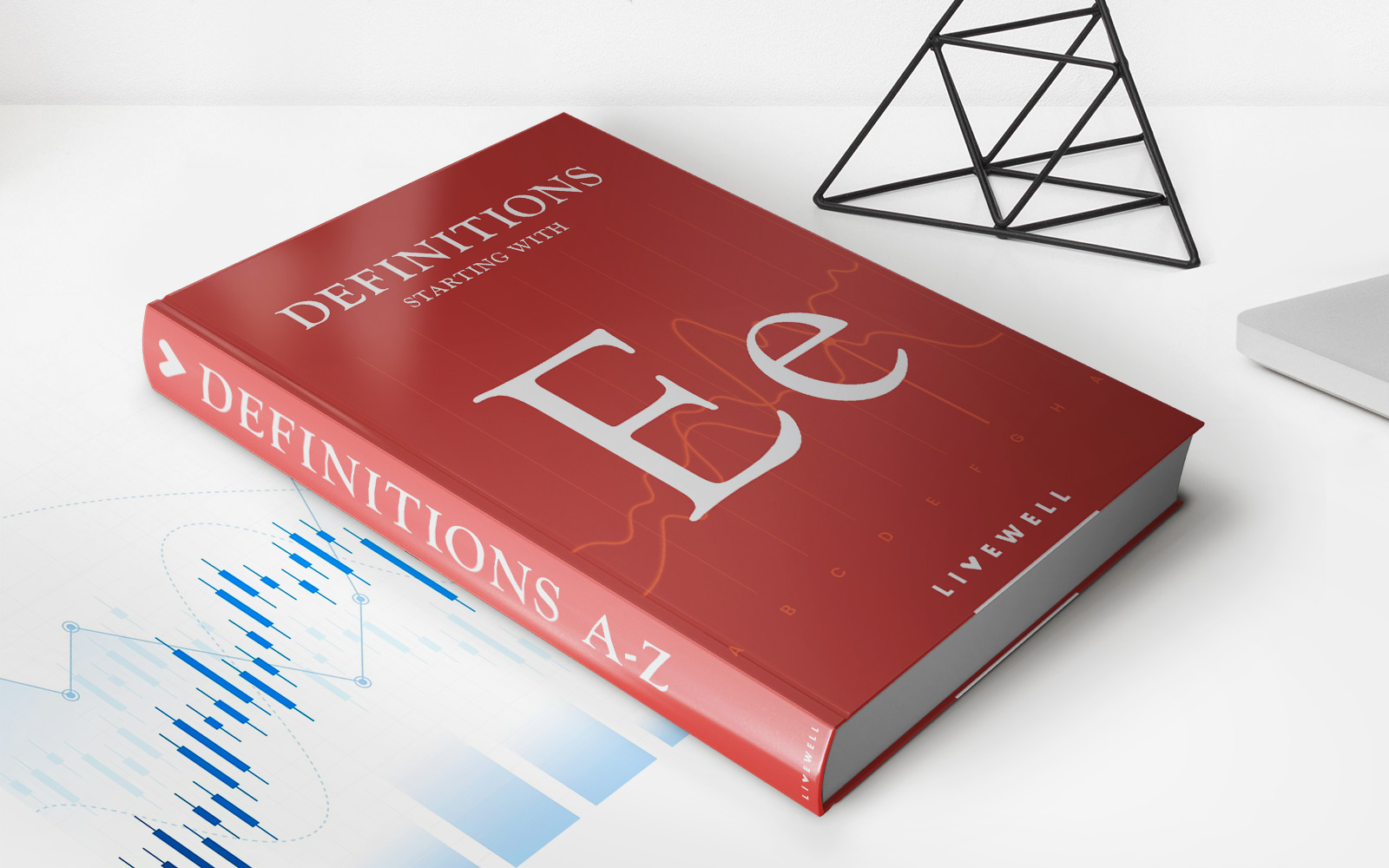Home>Finance>Base Metals: Definition, Uses, Trading & Investing


Finance
Base Metals: Definition, Uses, Trading & Investing
Published: October 14, 2023
Discover the world of base metals and their various uses while learning about the trading and investing opportunities in the finance industry.
(Many of the links in this article redirect to a specific reviewed product. Your purchase of these products through affiliate links helps to generate commission for LiveWell, at no extra cost. Learn more)
The World of Base Metals: Understanding their Definition, Uses, Trading, and Investing
When it comes to the world of finance, base metals play a crucial role. From copper and aluminum to nickel and zinc, these metals form the foundation of many industries and are essential for economic development. In this article, we will delve into the realm of base metals, exploring their definition, highlighting their various uses, and shedding light on the exciting world of base metals trading and investing.
Key Takeaways:
- Base metals are a category of metals that are widely used in various industries due to their high durability, conductivity, and malleability
- Investing in base metals can provide diversification and act as a hedge against inflation
What are Base Metals?
Base metals are a category of metallic elements that are distinguished by their moderate reactivity and relatively low value compared to precious metals such as gold and silver. These metals are widely available and are mined in large quantities worldwide.
Some of the commonly traded and invested base metals include:
- Copper: Known for its excellent electrical conductivity, copper is a vital component in electrical wiring, plumbing, and construction materials.
- Aluminum: Lightweight and corrosion-resistant, aluminum finds applications in aerospace, construction, and packaging industries.
- Nickel: With its resistance to heat and corrosion, nickel is predominantly used in stainless steel production, as well as batteries and electronic components.
- Zinc: Known for its anti-corrosive properties, zinc is widely used in galvanizing steel, protecting it from rust and extending its lifespan.
Uses of Base Metals
The uses of base metals are far-reaching and incredibly diverse. Here are just a few examples:
- Infrastructure and Construction: Base metals are extensively used in the construction industry to create durable structures, including buildings, bridges, and roads.
- Transportation: Base metals find applications in the transportation sector, where they are used to manufacture automobiles, airplanes, and trains.
- Electrical and Electronics: Copper and nickel are integral elements in electrical wiring, computer hardware, and electronic devices.
- Energy Sector: Base metals, such as aluminum, are crucial components in renewable energy systems like solar panels and wind turbines.
- Manufacturing and Industrial Applications: Base metals are used in various manufacturing processes, including metal fabrication, machinery production, and toolmaking.
Trading and Investing in Base Metals
Base metals offer unique trading and investment opportunities. As an investor, you can gain exposure to base metals through various avenues:
- Futures Contracts: Exchanges such as the London Metal Exchange (LME) offer futures contracts that allow you to trade base metals based on standardized contracts.
- Exchange-Traded Funds (ETFs): Base metal ETFs provide an easy way to invest in a basket of different metals, spreading the risk across the entire sector.
- Stocks of Mining Companies: Investing in mining companies involved in base metal extraction and production can provide exposure to the industry’s growth.
- Physical Ownership: Some investors prefer to physically own base metals by purchasing bullion or coins.
When investing in base metals, it’s essential to consider factors such as supply and demand dynamics, global economic trends, and geopolitical factors that may impact metal prices. Consulting with a financial advisor or conducting thorough research can help make informed investment decisions.
In Conclusion
Base metals are the lifeblood of many industries and represent an exciting avenue for trading and investment. Understanding their definition, uses, and the various ways to invest in them can provide investors with opportunities for diversification and potential financial gains. Whether it’s through futures contracts, ETFs, mining stocks, or physical ownership, the world of base metals offers a captivating journey into the world of finance.














